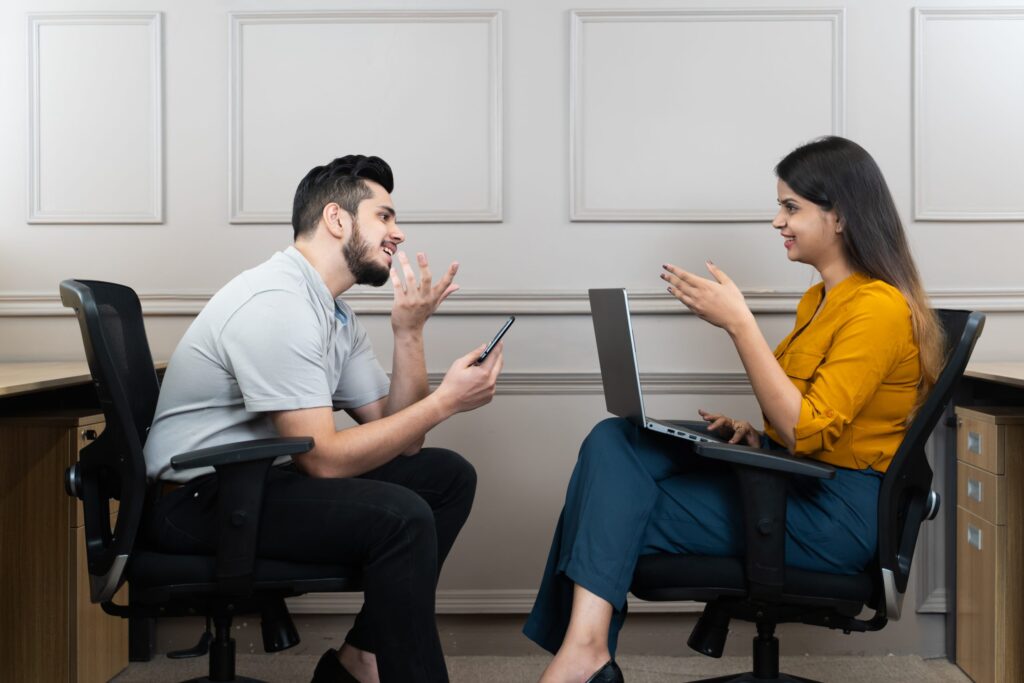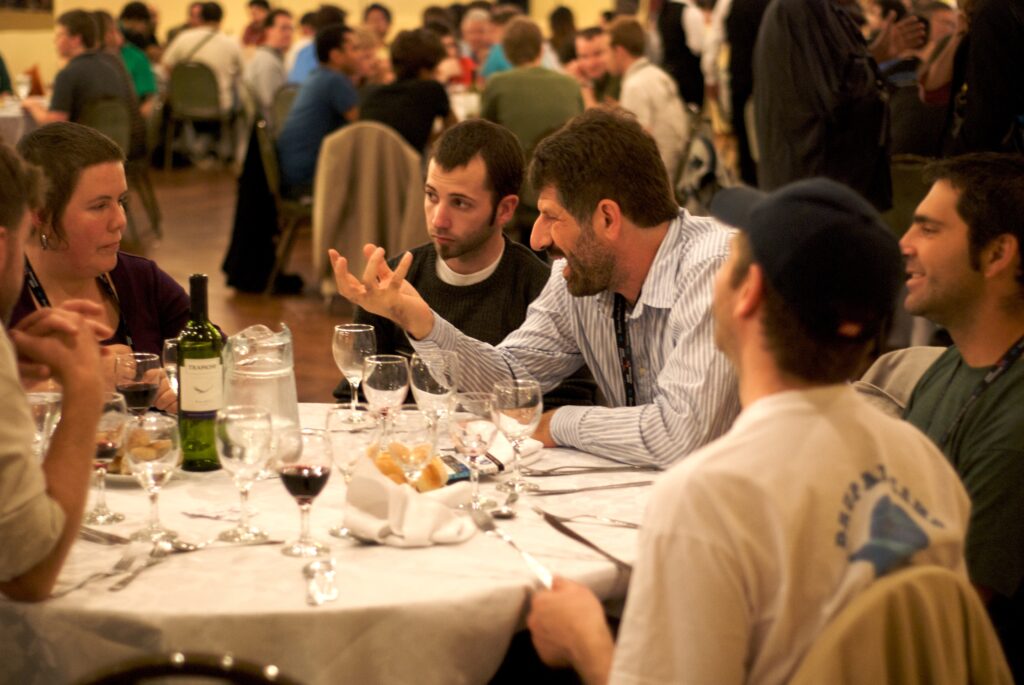Have you ever wished you could strike up a conversation effortlessly, even if you’re an introvert? You’re not alone. Many of us want to become better communicators, but social anxiety can hold us back. Fear not! Today, we’ll explore practical ways to enhance your social skills as an introvert. Let’s dive in.
Embrace the Power of Listening
Active Listening
Listening is just as important as speaking in a conversation. In fact, it might be even more important. When you actively listen, you show that you care about what the other person is saying. This can make you an engaging conversational partner.
So, how do you listen actively? Simple actions like nodding, leaning in, and using phrases like “right,” “wow,” or “I see” show that you’re engaged. These techniques are crucial as they help signal your interest.
The Warm-Up Phase

As an introvert, you might not want to jump into talking right away, and that’s okay. Instead, use the beginning of the conversation to listen more. Consequently, this will help you warm up to the person and the setting. Over time, you’ll feel more comfortable and ready to join the conversation.
I remember one time at a networking event, I was so nervous. Instead of forcing myself to talk immediately, I focused on listening. By the time I felt comfortable, I had plenty to say, and the conversation flowed naturally.
Build on Existing Conversations
Follow-Up Questions
One of the easiest ways to keep a conversation going is by asking follow-up questions. For instance, if someone is talking about their recent vacation, ask them about their favorite part or if they tried any new activities. These questions show that you’re paying attention and that you care about their experience.
Elaboration and Clarification
Another great strategy is to ask for more details. This not only keeps the conversation going but also takes the pressure off you to come up with new topics. For example, if someone mentions they love hiking, you could ask about their favorite trails or if they’ve ever hiked in a national park.

Fluid Conversations
Conversations are like rivers; they flow and change direction naturally. Therefore, allow the discussion to move from one topic to another related one. This makes the interaction feel effortless and engaging.
At a family reunion, I once talked to a cousin about his job. The conversation shifted to our favorite childhood memories, and then to our love for hiking. By the end, we had talked for hours without running out of things to say.
Find Common Ground
Relatable Stories
Finding common ground is key to building rapport. Share stories that relate to what the other person is saying. If they mention they’ve studied abroad, and you have too, share your experiences. This makes the conversation more personal and engaging.
Building Rapport
Sharing personal anecdotes helps establish connections. Even if you haven’t experienced the exact same thing, find a related topic. This could be as simple as discussing a similar time in your life.
I recall chatting with a colleague who loved gardening. I didn’t know much about plants, but I shared my love for outdoor activities. We found common ground in our appreciation for nature, and the conversation blossomed from there.
Conversation Starters
Use what the other person is giving you to introduce new, but related topics. For instance, if they talk about their love for fitness, you could transition to discussing healthy eating habits or outdoor activities like hiking or cycling.
Express Yourself Non-Verbally
Body Language

Communication isn’t just about words. Your body language plays a big role too. Use hand gestures and facial expressions to show that you’re engaged. This can be as simple as nodding or smiling.
Practice Makes Perfect
If you’re not naturally expressive, practice in front of a mirror. Try different facial expressions and hand movements to see what feels comfortable. Over time, these will become second nature.
Gradual Integration
Start small. Use non-verbal cues to participate in the conversation without saying a word. As you get more comfortable, you can start adding more verbal contributions. This gradual approach helps you build confidence.
I used to be very reserved, especially in new settings. Practicing in front of a mirror helped me become more expressive. Now, even if I’m quiet, people can tell I’m interested and engaged.
Conclusion
Let’s recap the key strategies:
- Listening: Show interest and be engaged in the conversation.
- Building on Conversations: Use follow-up and clarifying questions.
- Finding Common Ground: Share relatable stories to build rapport.
- Non-Verbal Communication: Use body language to express yourself.
By practicing these strategies, you’ll become a more confident communicator. Remember, even if you’re not speaking much at first, you can still add value to the conversation.
Are you interested in more tips to improve your communication skills? Check out our articles on How Gardening Transforms Your Mental Well-Being. Happy socializing!




Pingback: Quick and Effective Ways to Stop Intimidating Others - Daily Dann